
When we are trying to establish better weight control or influence our appetite by eating certain foods, we often get reminded that carbohydrates, or carbs, are unhealthy and we shouldn’t be eating them. We shouldn’t forget, however, that if we find the process of slimming down difficult, we can always rely on a natural product to help us. This could be the KetoGuru natural tablets, including a number of organic extracts in their formula. Are carbs really so unleahty? Should we give up on consuming them at all? Is there a type that we could still have? What foods should we consume and which ones are best to avoid? Answers to all these questions can be found below, as well as more fun facts, regarding carbs. We just recommend you to stay with us until the end.
What are Carbohydrates (Carbs)?
Carbohydrates are a large group of organic substances. They are extremely important for many functions in living organisms.
What are the Types of Carbohydrates (Carbs)
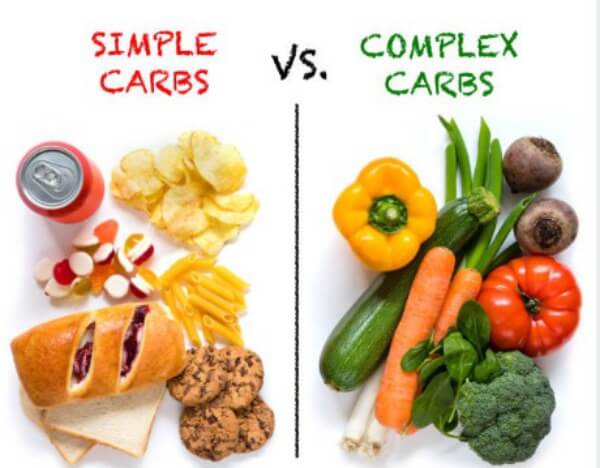
Generally speaking, carbohydrates are classified into two categories – simple and complex. It is based on the formula of their chemical structure as well as how quickly they break down in the body.
- Simple Carbohydrates – These include foods that are rich in monosaccharides. They are often referred to as “empty calories” due to the fact that they break down very quickly in the body. Examples of this group can be glucose, galactose, and fructose. Glucose is the main source of energy during physical activity. It does not break down as complex carbs do. It is directed into the bloodstream through the small intestine. Galactose is part of lactose. It can be found in sugar beets and dairy products. Glucose is mainly found in fruits. In large quantities, it can overload the liver, which then turns it into fat. The recommended daily dose of fructose is not more than 30g. per day. It would mean three to four normal size fruits.
- Complex Carbohydrates – They are called polysaccharides. Formed by long-chain links of monosaccharides, the most significant difference between simple and complex carbohydrates is that complex ones take a long time to break down. They also contain more nutrients for our body, not only “empty calories”. Many of them contain fiber that is degraded by the body even more slowly. They are considered to be the better and healthier type of carbohydrates. They are also not harmful for blood sugar.
How Much Carbohydrates (Carbs) Should We Take
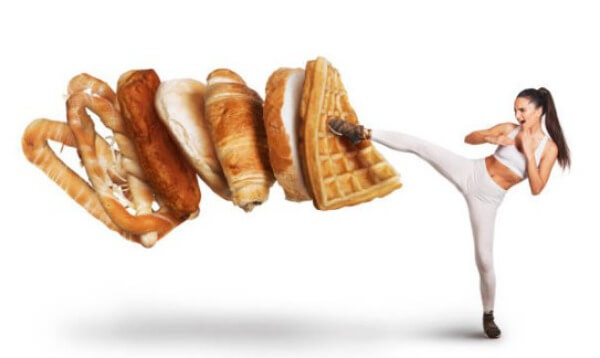
While overeating with foods rich in simple carbohydrates is not recommended, they are a good choice when we need to get full as fast as possible. Especially in situations where we know we have a planned physical activity ahead. But we should keep quantities moderate and try to eat as little as possible to get full. We should not forget that overconsuming is bad for our health, even if we choose the healthiest foods.
For people who want to lose some pounds or kilos, nutritionists say that carbs should equal 45% -65% of daily calories. Generally it is said that if you eat 2000 calories a day, your body needs about 225 to 325g. carbohydrates per day. If you want to gain better weight control, it is better for you to limit your intake to 50-150g. of carbs. However, keep in mind that our individual metabolism and physical activity are of great importance, and they are different for everyone. Consume with a measure, choosing the right amount for your lifestyle.
What Are Foods are Rich in Carbs
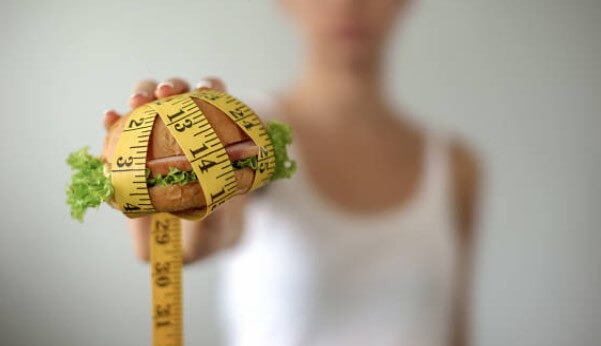
We split carbohydrates into good and bad, healthy and unhealthy. We are aware of their properties. But now the question is – which foods contain good carbohydrates and which ones contain bad ones? We’ve made a short list that can serve as a guide.
Good carbohydrates include:
- Vegetables: All of them. It is recommended to eat a good variety of vegetables every day.
- Fruits: Most of them, but make sure you do not consume more than 4 average sized fruits, as glucose levels could go up. Examples for good fruits can be apples, bananas, oranges, strawberries, raspberries, and blueberries.
- Legumes: The most popular are lentils, beans and peas.
- Nuts: Almonds, nuts, hazelnuts, cashews, Brazil nuts and many more. Try to focus on eating raw fruits, rather than fried. Roasted is also an option.
- Seeds: Chia, pumpkin or sunflower.
- Whole grain products: Choose natural grains such as pure oats, quinoa, brown rice, etc.
- Potatoes: Plain or sweet potatoes, not frozen, blanched by the supermarket.
And the bad carbs we should avoid are:
- Sugar-Rich Fizzy/Soda Drinks: Beverages such as Coca Cola, Pepsi, Fanta etc.
- Fruit Juices: Unfortunately, fruit juices are also rich in unhealthy sugars, even if they are made from ‘fruits’. They are not much different from carbonated drinks.
- White Bread: It is rich in refined carbohydrates that are low in essential nutrients and unhealthy.
- Pastries and Cookies: They contain unhealthy sugar and refined wheat.
- Ice Cream: Most types of ice cream available in supermarkets are extremely high in sugars. There are exceptions that you may find in places that offer craft ice cream or gelato.
- Candies and Chocolate: If you want to eat chocolate, choose high quality dark chocolate with a good cocoa percentage.
- French Fries and Chips: Potatoes are generally healthy as long as they not fried.
While these foods may be good for some people, it will be best for most of us to avoid them as much as possible.
Let’s Stick to a Healthy Lifestyle
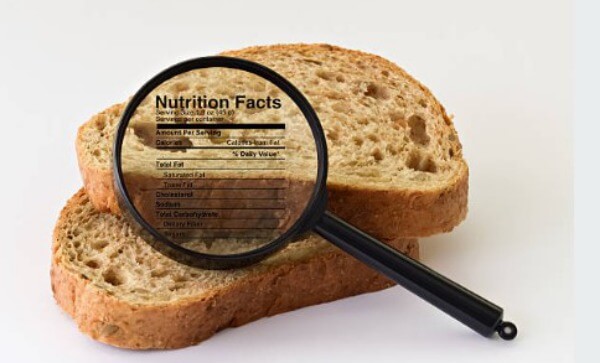
In order to feel good in our own body, it is good to keep a healthy lifestyle. If we want to gain better control of our weight but face some difficulties, a little help may be required. Such can be the natural tablets called KetoGuru. They are best for people who are on the keto diet and avoid carbs at all costs. But we should not forget about good nutrition as well as physical activity. They are needed in order for our body to turn on the fat burning mode.
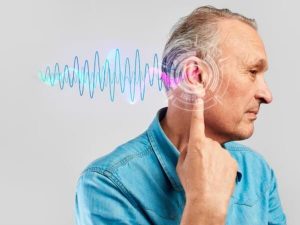

![Full-On Body Care Guide [year] - How to Shower Properly & Choose the Right Cosmetics](https://nature-tricks.com/wp-content/uploads/2021/11/body-care-how-to-shower-properly-5-300x212.jpg)

